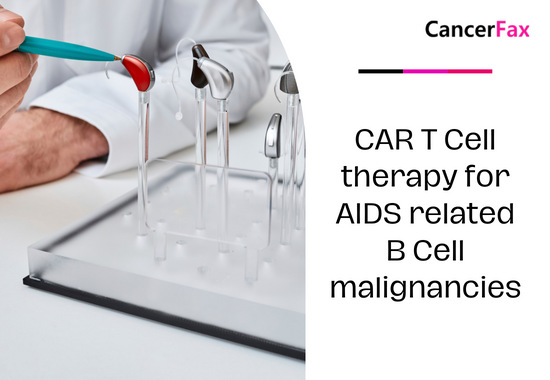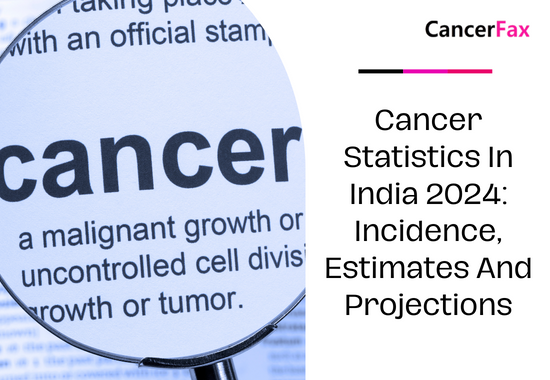Feb 2023: According to data published in JAMA Oncology, the global economic cost of cancer is projected to reach $25,2 trillion in international dollars (INT) between 2020 and 2050.
North America is projected to have the highest cost, and China is projected to have the highest cost per capita. The cancers of the trachea, bronchus, and lung are anticipated to incur the highest costs.
Researchers used a macroeconomic model to make these forecasts. Between 2020 and 2050, they projected the cost of 29 cancers in 204 countries and territories.
The United States ($5,300 billion), China ($6,100 billion), and India ($1,400 billion) will bear the largest economic costs.
Bulgaria (1.42%), Monaco (1.33%), and Montenegro (1.0%) are the countries with the highest projected economic costs as a percentage of gross domestic product. The projected economic cost per capita is greatest in Monaco ($85,230), Ireland ($54,009), and Bermuda ($20,732)
North America is projected to have the highest economic burden from cancer as a proportion of gross domestic product, equivalent to a 0.83 percent annual tax. Europe and Central Asia (0.63%), East Asia and the Pacific (0.59%), and Sub-Saharan Africa (0.24%) follow.
By cancer type, the highest economic cost is projected for:
- Cancers of the trachea, bronchus, and lung (INT $3.9 trillion)
- Colon and rectum cancer (INT $2.8 trillion)
- Breast cancer (INT $2.0 trillion)
- Liver cancer (INT $1.7 trillion)
- Leukemia (INT $1.6 trillion)
The researchers noted that these cancers account for half of the global economic cost of cancer.
The researchers wrote, “The macroeconomic cost of cancer was found to be substantial and heterogeneously distributed across cancer types, countries, and world regions.” The findings indicate that global efforts to reduce the prevalence of cancer are warranted.
A related editorial highlighted the study’s limitations, including the absence of data for 60 countries, or 7.3% of the total population.
Disclosures: The study authors reported having no conflicts of interest. The editorial author declared affiliations with biotech, pharmaceutical, and/or device companies. Please see the original references for a full list of disclosures.


